How Do You Stand When You Practice Tai Chi?
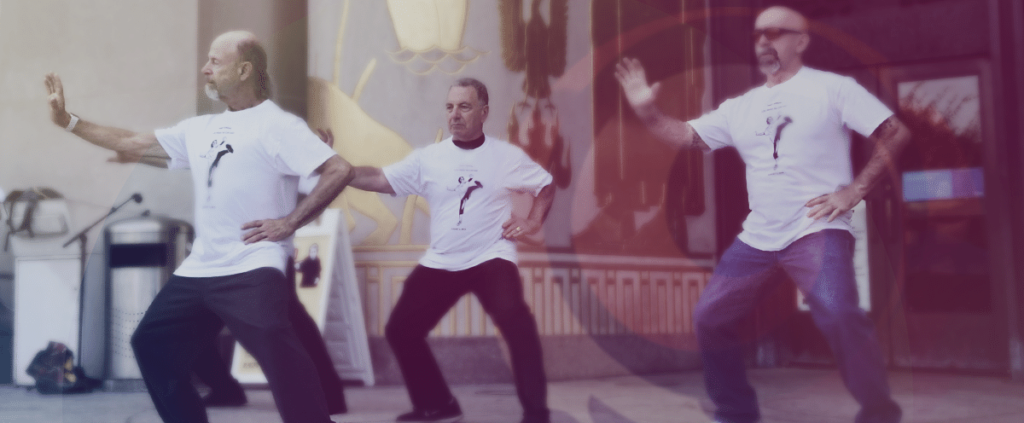
Standing in Tai Chi is not always as easy as it looks. I had a student a few years ago in particular that had a problem with his posture. Specifically, he tended to drop his head slightly forward. This would cause him to stumble sometimes during his practice sessions. During class I would constantly have to remind him to keep his head up and not let it drop. He was determined and set out to try to constantly remind himself to keep his head up. So, every time he went for a walk, he developed his special mantra: keep your head up. One day while walking to a store with his wife he continued with his mantra, not realizing he was saying it aloud. About 15 minutes into their walk his wife abruptly stated “For heavens sake, I am keeping my head up!” The mantra worked!
In our fundamentals course we dedicate an entire lesson to discuss the importance of posture and the benefits of being mindful of how we stand. Standing, walking, or running, it all calls for the proper alignment and connection of our body parts. As related above, if our head is dropping, the body tends to drop or lean forward too much which in turn can have an impact on our balance.
Bad Tai Chi Posture: What are the Consequences?
When the front wheels of a car are out of alignment, the tires will begin to wear prematurely either on the outer or the inner tread. If a joint is out of alignment, it can impact negatively as well. For example, if the knee is not centered and moves in or out too far while standing or walking, over time the pressured part of the joint will begin to wear and might lead to an arthritic condition. Studies have shown that exercises focused on correcting posture can reduce joint pain.
In learning Tai Chi, we begin to learn how to “listen to our bodies.” Meaning, as we practice slowly and pay attention not only to the movements, but to the positioning of our various body parts while moving and align them, we reduce the stress of misalignment, improve our balance, move more easily and reduce our potential for injuries or falls.
Stay Motivated and be Consistent, Tai Chi is Worth It
For many who begin to study Tai Chi, it is imperative to relax and practice slowly, continually and mindfully. It is a journey to within and it takes time to appreciate this concept. Beginners often start out just imitating the movements they are shown; over time, their practice will lead them to not just imitate but to feel what they are doing. They will begin to learn what feels correct and become aware of what is not correct. As their understanding deepens, they will instinctively know when their movement is aligned properly and if not, make the necessary adjustment to correct it. This is what separates Tai Chi from most any other form of exercise.

And unlike many typical forms of exercise, Tai Chi goes way beyond just conditioning the body, it works the mind, neurons, ligaments, tendons and digs deep into our general feeling of well-being. By allowing our qi, our internal energy, to flow freely, it improves the balance between yin and yang which in turn improves our total psycho-physical wellness; both mind and body benefit.
So, when beginning your Tai Chi journey, remember the following:
Practice slowly
Be mindful of your movements
Be aware of your posture and alignment
The goal is not to rush through a lesson but to learn the lesson. Are you ready to start? Join today, here is a list of our courses.
About the Author: Alan Bandes has been teaching Chen Style Tai Chi for over 2 decades while studying under Master Ren Guangyi. He teaches in-person, and as an instructor for Chi Force Community where he offers live-streamed classes.


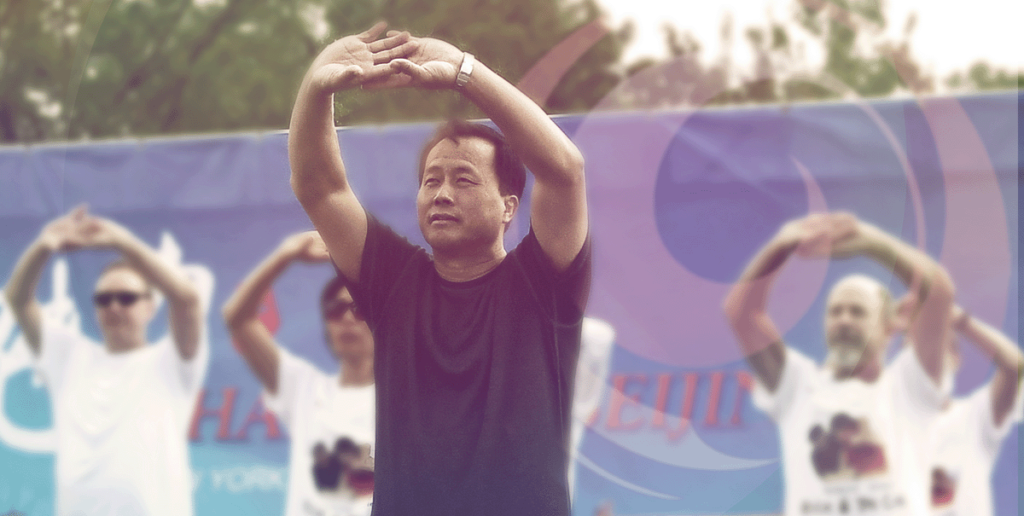
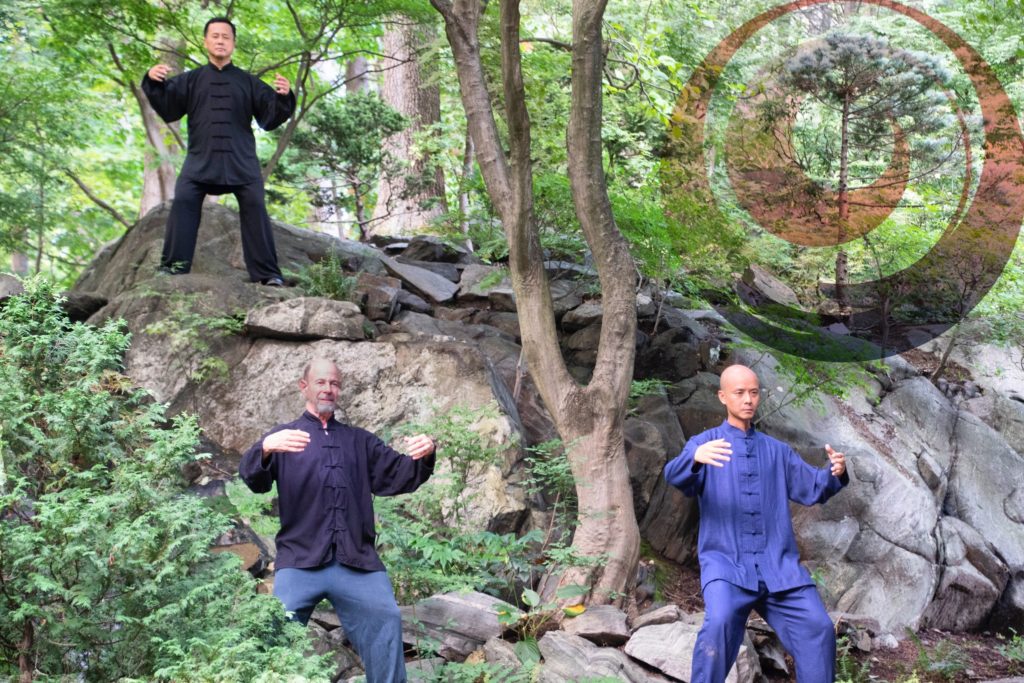
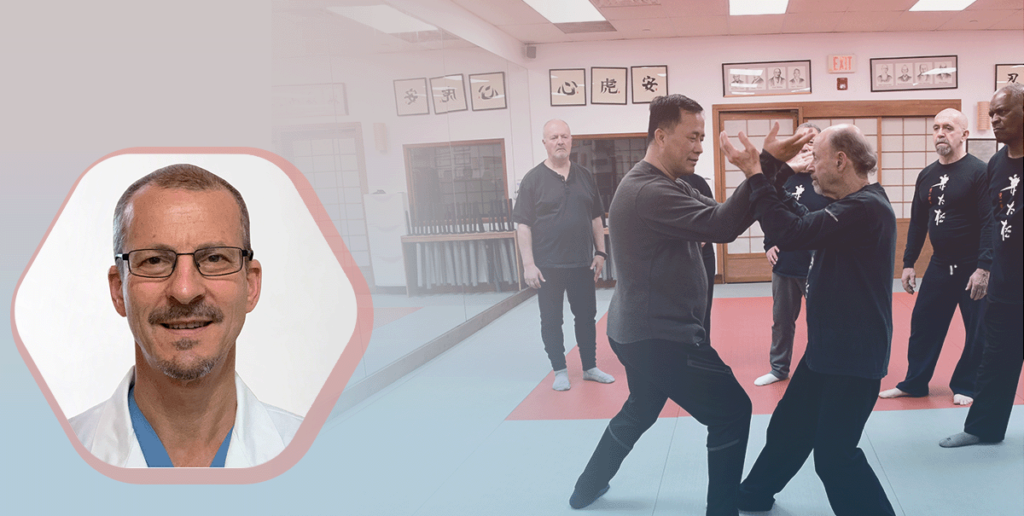
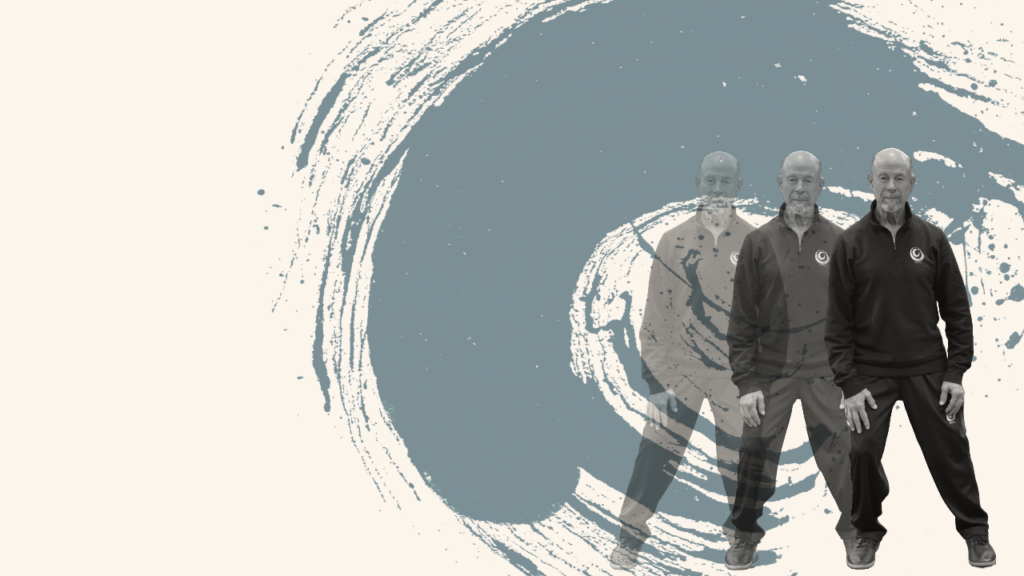
Responses